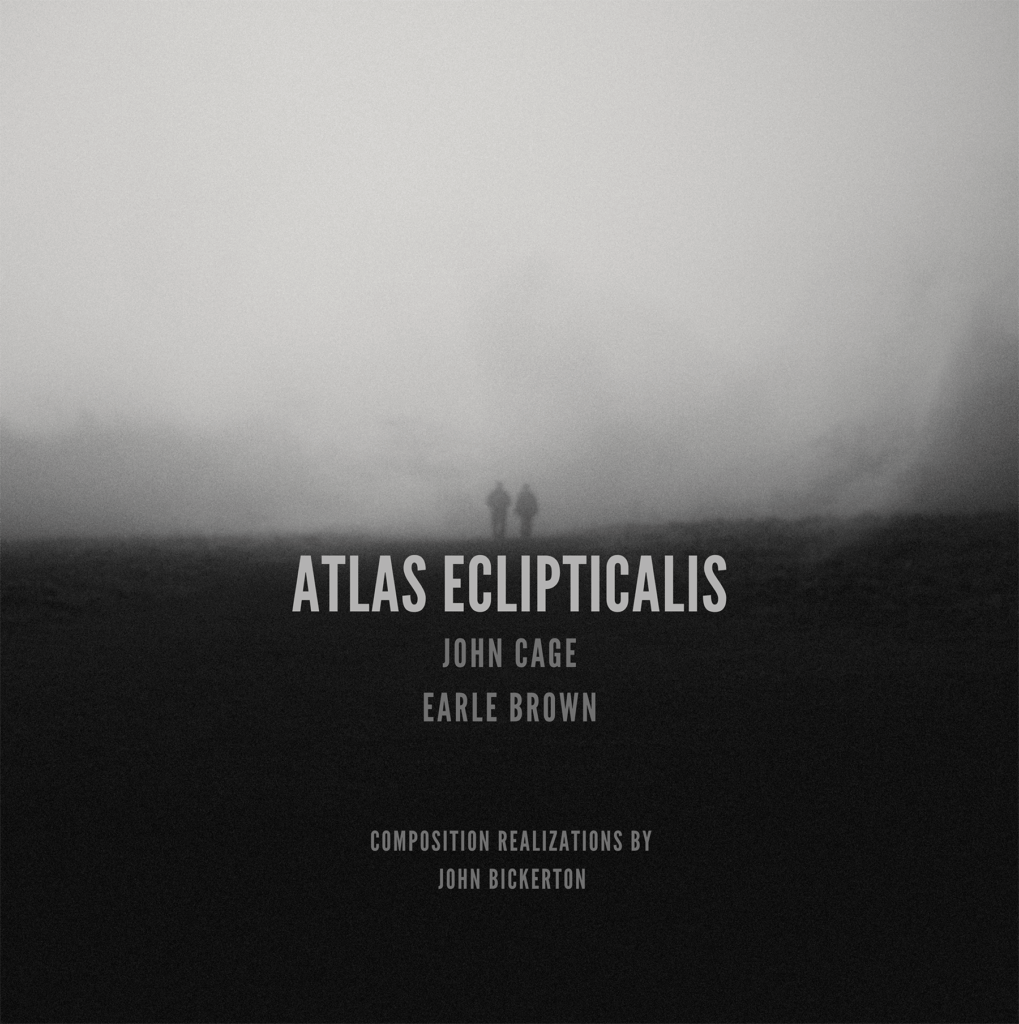
by John Bickerton | May 5, 2025 | American Avant-Garde, Composers, Experimental Music
Composer Earle Brown wasn’t shaped by any one tradition. His musical identity was a vibrant mix of jazz roots, classical training, abstract art, and literary experimentation. Here’s how these influences helped define one of the most innovative voices in 20th-century...

by John Bickerton | May 1, 2025 | American Avant-Garde, Composers, Experimental Music
Graphic notation (as seen above in the score for December 1952) is a significant element of Earle Brown’s work and a notable aspect of the avant-garde music scene in New York during the 1950s. It represents a radical departure from traditional musical scores,...

by John Bickerton | Apr 30, 2025 | American Avant-Garde, Composers, Experimental Music
The New York School refers to an informal group of four American composers who gained international recognition in the 1950s: John Cage, Earle Brown, Morton Feldman, and Christian Wolff. Cage was the senior figure in this group and held a reputation for his...

by John Bickerton | Apr 29, 2025 | American Avant-Garde, Composers, Experimental Music
Earle Brown’s concept of open form is an essential aspect of his musical approach, fundamentally challenging traditional notions of fixed musical structure. Unlike conventional compositions, where the composer dictates the precise order and duration of all...







